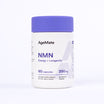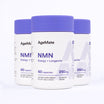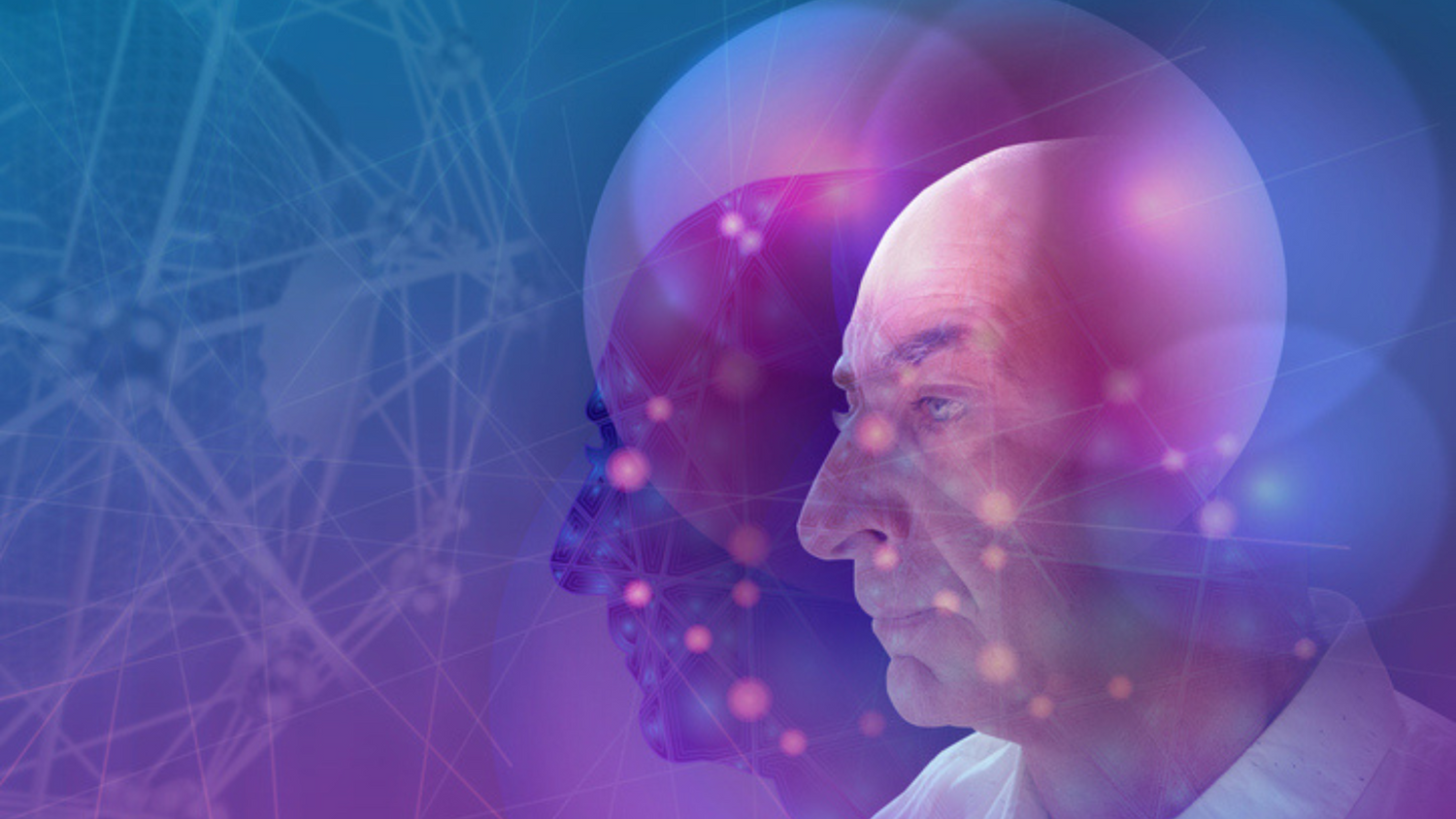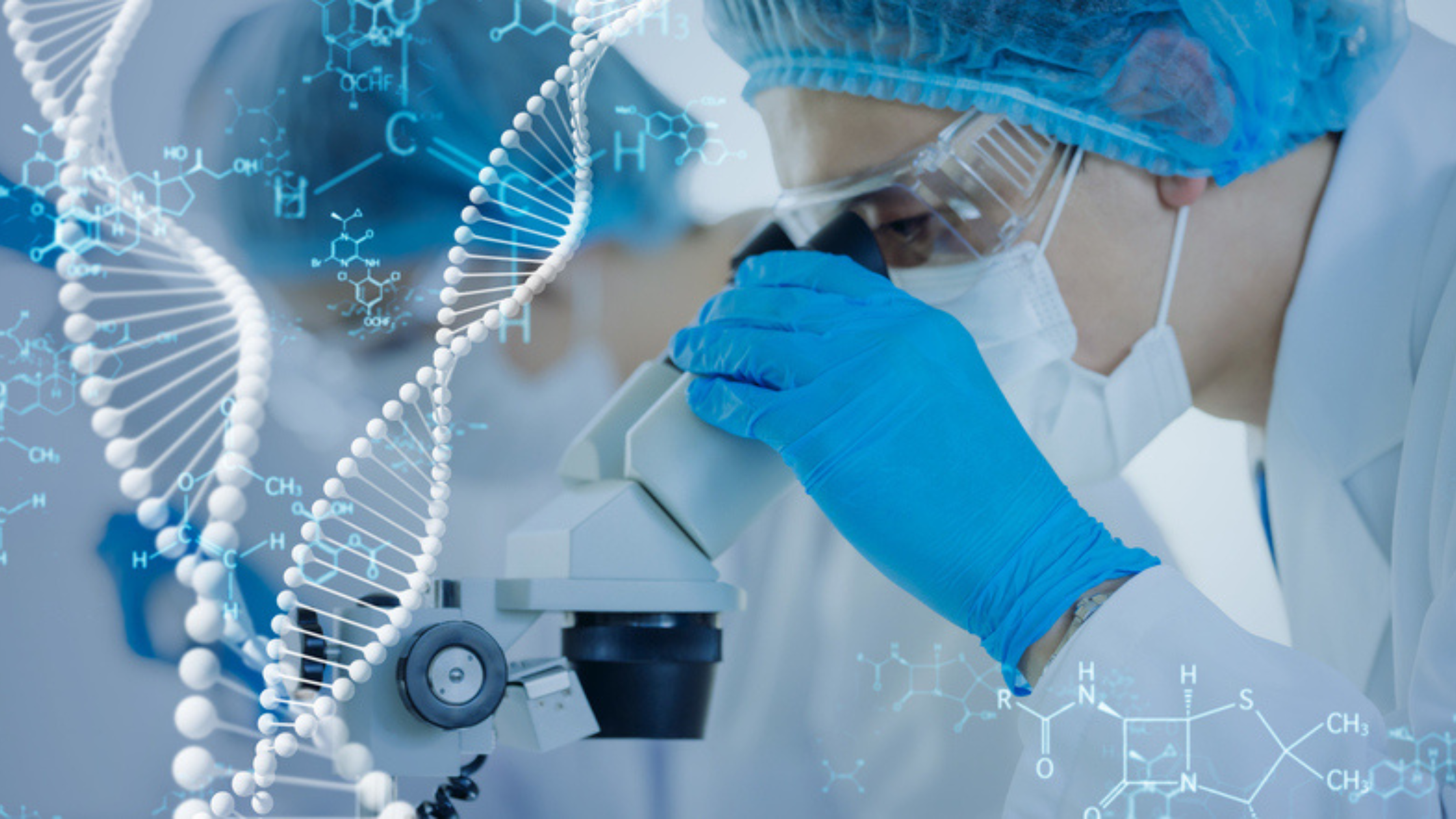As the quest for longevity and youthful vitality intensifies, cutting-edge technologies in artificial intelligence (AI) and biotechnology are revolutionising the field of anti-ageing. This dynamic fusion is promising groundbreaking advancements that could significantly alter how we understand and manage the ageing process.
In this blog, we'll explore the interplay of these technologies, their current applications, and their potential to transform the future of anti-ageing treatments.
Deciphering the Ageing Process
Understanding the biological mechanisms behind ageing is the first step in developing effective anti-ageing interventions. Ageing is influenced by a complex interplay of genetic, environmental, and lifestyle factors that lead to cellular and molecular changes over time (R).
This section will lay the groundwork for exploring how new technologies target these fundamental processes.
Biotechnology Innovations
Recent advances in stem cell therapy, gene-based therapies, and recombinant DNA technology have marked significant strides in biotechnological developments to promote successful ageing (R).
Emerging biotechnologies, including therapeutic cloning and proteomics, are anticipated to be crucial in extending human lifespan and enhancing health in later years (R).
These innovations promise to improve the quality of life as we age, offering new avenues for medical treatments and preventive care.
Genomic Analysis and Personalised Interventions
Genomic analysis is the study of an organism's complete set of DNA, including all of its genes. This comprehensive examination allows scientists to understand the structure, function, evolution, and mapping of genomes, which are the entire genetic material of an organism (R).
Genomic analysis has opened new frontiers in personalised medicine, offering insights into an individual's unique genetic makeup. By understanding genetic predispositions to ageing and age-related diseases, scientists can develop tailored interventions that slow down the ageing process. This personalised approach ensures that treatments are more effective and specific to each individual's needs (R).

The Role of AI in Anti-Ageing Research
Artificial intelligence is playing a pivotal role in advancing anti-ageing research. AI algorithms can process vast amounts of biological data, identifying patterns and correlations beyond human capability. This has accelerated the discovery of potential anti-ageing compounds and therapies, making research more efficient and precise (R).
How AI Identifies Anti-Ageing Compounds
AI's ability to sift through extensive datasets allows it to identify potential anti-ageing compounds quickly. By analysing molecular structures and biological effects, AI can predict which compounds might be effective in slowing down ageing. This accelerates the process of drug discovery, bringing new treatments to the market faster (R).
Machine Learning and Predictive Analysis in Compound Identification
Machine learning, a subset of AI, uses predictive analysis to refine the identification of anti-ageing compounds. By learning from existing data, machine learning models can predict the efficacy of new compounds, reducing the need for extensive laboratory testing. This streamlines the research process and enhances the accuracy of predictions (R).
Data Mining's Role in Uncovering Anti-Ageing Solutions
Data mining involves extracting useful information from large datasets. In anti-ageing research, data mining helps uncover hidden relationships between genetic factors, lifestyle choices, and ageing. This comprehensive analysis provides a deeper understanding of how different variables influence the ageing process, guiding the development of more effective interventions (R).
Future Implications of AI in Anti-Ageing Research
The integration of AI in anti-ageing research is poised to bring about significant changes. Future applications may include predictive models that customise anti-ageing treatments for individuals, real-time monitoring of ageing biomarkers, and AI-driven clinical trials that enhance the precision and speed of research outcomes (R).
Ethical Considerations in AI-Driven Anti-Ageing Research
As with any technological advancement, ethical considerations are paramount. AI-driven anti-ageing research must address issues such as data privacy, the potential for unequal access to treatments, and the long-term implications of extending the human lifespan. Ensuring ethical practices will be crucial for developing and implementing these technologies (R).
The Potential of AI in Personalised Anti-Ageing Treatments
AI has the potential to revolutionise personalised anti-ageing treatments. By analysing an individual's genetic, lifestyle, and environmental data, AI can develop tailored treatment plans that optimise health and longevity. This personalised approach promises to enhance the efficacy of anti-ageing interventions and improve overall quality of life.
Conclusion
The future of anti-ageing technology lies at the intersection of AI and biotechnology. These advancements hold the promise of unlocking new ways to understand, manage, and ultimately slow down the ageing process. For you, this means a future where personalised, effective anti-ageing treatments are within reach, promoting a healthier, longer life.
To learn more about the science behind anti-ageing technologies, check out this detailed article on Yamanaka Factors.























